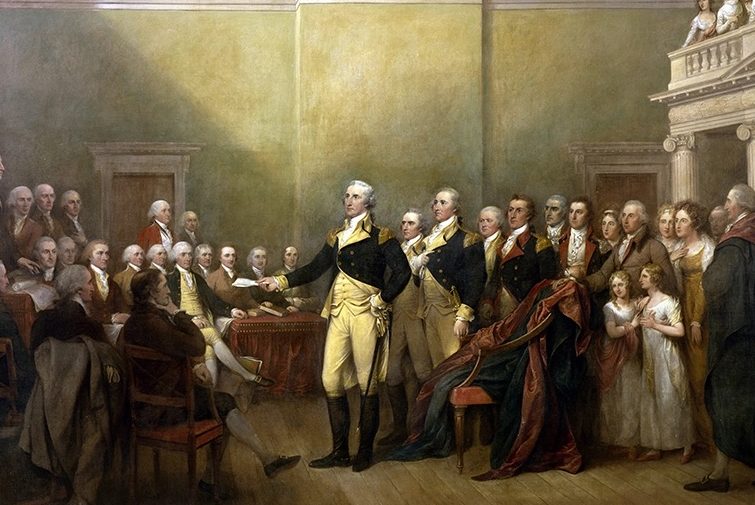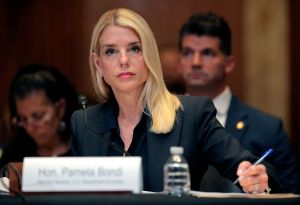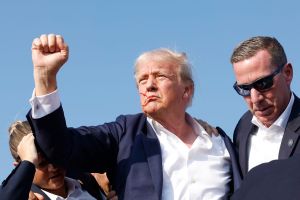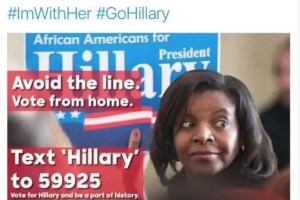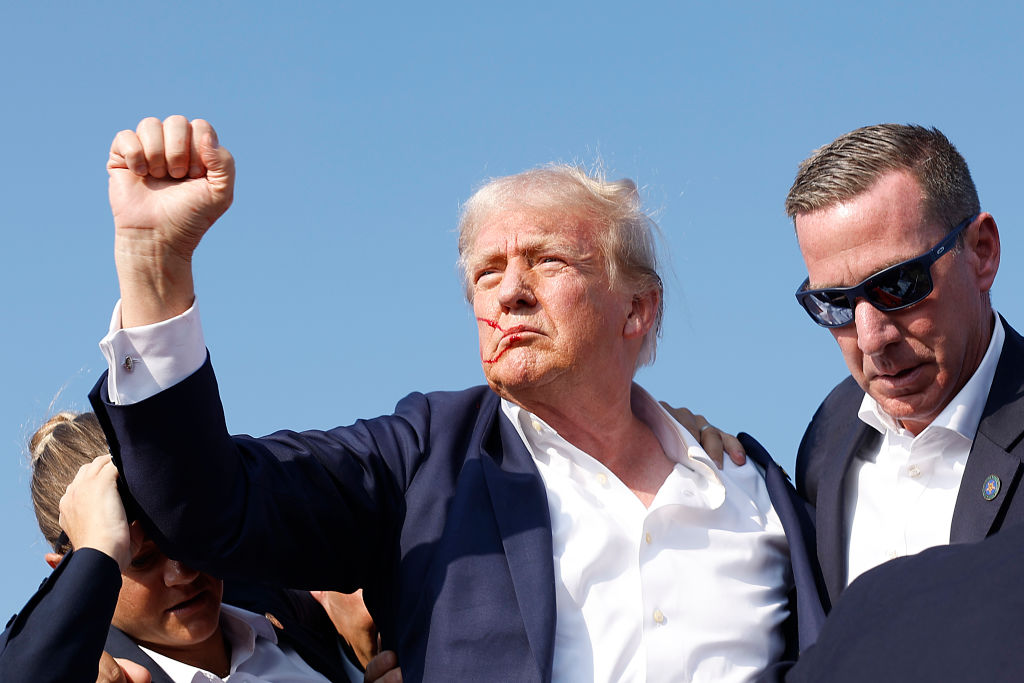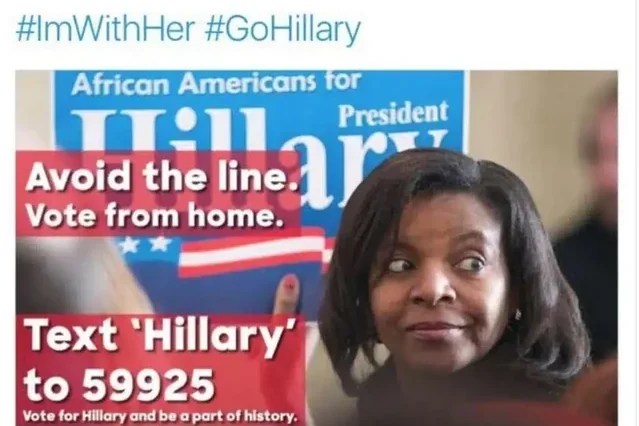The Australian morning TV host called me darlin’. We’d never met, but she opened with: “Good to have you on, darlin’. Be with you in a moment.” Then the picture went black. When the live show returned to my Zoom screen, I was just another viewer, watching the three hosts seated on a couch half a world away chatting about the charity walk one of them had done over the weekend and the toll this had taken on his feet, which led — in a surprise twist — to a brief discussion of the strange internet hunger for images of feet. Somehow, the fetish conversation segued into a video montage with images of Hillary Clinton and Donald Trump and me from my FBI days. Then I was live from my Virginia home, smiling in my fiction-writer sweater and wondering if they wanted to talk about the montage. Happily, they did not.
Two days later, our annual July 4 family reading of the Declaration of Independence was in person, for the second year now. It’s almost hard to remember when we did it by Zoom. The pandemic seems to slide down the memory hole without being pushed. For many years, my wife Patrice and me, along with the five kids (and spouses), have gathered on Independence Day to recite the long train of abuses and usurpations that impelled us to separation from our colonial overlords. My job is to assign the parts of the Declaration, which is organized in literal parts: long ago, some of our members printed out the text and then cut it into pieces and soaked them in coffee and lemon juice. It lent an authentic feel, they said, although it was never clear why they burnt the edges. Nonetheless, the tannish, singed scraps sit all year in an envelope labelled “The Original Declaration of Independence.” I carried it in my briefcase when I was FBI director. Can’t be too careful with precious documents.
Only two pieces are reserved. By parental right, Patrice and I read the opening and closing. The other assignments require thought, because many parts of the facts-submitted-to-a-candid-world are quite popular. What adult child or in-law wouldn’t want to condemn the ravaging of our coasts or the deprivation of trial by jury? But others are less coveted, especially the tongue-twisting penultimate paragraph, where our Founders tried to capture the special pain of being screwed over by a family member. The reader must describe the magnanimity we long showed our British cousins, as well as the deafness with which they greeted our voices of consanguinity. And that vocabulary test happens to be on the same soaked and singed piece as the drafters’ characterization of the original Americans as “merciless Indian savages.” This year, I gave the part to one daughter’s date, who performed well, enunciating each –ity and mumbling the slur in just the right way.
Two days later, as a thunderstorm raged outside my window, I went by Zoom to Kyiv to speak with people living through an all-too-real effort by a tyrant, in the words of the Declaration, “to reduce them under absolute Despotism.” In conversation with the School of Public Administration there, I volunteered to give a six-lecture course this summer on leadership. I began the second presentation as I had the first, by expressing my discomfort at lecturing to people who were showing the world what it means to lead in a just cause. Then I gave my talk, hoping the audience wasn’t distracted by the storm or the loud crying of one of my grandchildren a floor below.
Afterwards, an audience member asked me whether it was reasonable to worry that, after a successful war with Russia, Ukrainian military leaders might want to stay on and lead the government — an authoritarian turn that would be welcomed by many people. Yes, I answered, and the history of America’s war for independence from Britain offers example and warning. George Washington, the victorious general, became our first president by acclamation and could have stayed for life, a choice that would have sent the new nation down a very different path. But he chose to leave after two four-year terms, despite arguments that the unstable post-war country still needed his fatherly hand. It’s a decision modern audiences know thanks to the musical Hamilton, which depicts Washington deciding to “teach them how to say goodbye.” The play is fictionalized, but the truth is that the character of a single person shaped American history. I took more questions, then closed my laptop. The storm had passed and the sun was shining. My grandchildren were playing outside. The people of Ukraine were preparing for bed, not knowing if they would live through the night.
This article was originally published in The Spectator’s UK magazine. Subscribe to the World edition here.



